You may have heard that thanks to cooperative corporations being included in the new federal Stimulus Bill passed at the end of December, residential co-ops can now obtain loans under the Fed’s Paycheck Protection Program (PPP). While this is fantastic news for communities struggling with the ongoing financial impacts of the pandemic, it also raises lots of questions about applications, eligibility, and the rules around how funds are to be disbursed and allocated.
The Rules
The rules that govern co-ops’ eligibility have finally been released by the US Small Business Administration (SBA). Here’s an overview:
First, the window for co-ops to seek a loan under the PPP is now open. In that regard, the Consolidated Appropriations Act, 2021 (the “Act”), signed into law on December 27, 2020, included a second round of PPP funding for those businesses who already got PPP funding—now known as a First Draw Loan—in the first round, and also permits a First Draw Loan for any business (now including co-ops, but not condominiums or homeowners associations) that did not get a First Draw Loan originally.
Under the program, First Draw Loans can presently be used to help fund payroll costs, including employee benefits. Funds can also be used to pay for mortgage interest, utilities, worker protection costs related to COVID-19, uninsured property damage costs caused by looting or vandalism during 2020, and certain supplier costs and operational expenses.
Boards and managers should note, however, that the application form for a First Draw PPP Loan will require an officer of the co-op to swear and attest to the following representations:
• The Applicant was in operation on February 15, 2020, has not permanently closed, and had employees for whom it paid salaries and payroll taxes;
• Current economic uncertainty makes this loan request necessary to support the ongoing operations of the Applicant; and
• The funds will be used to retain workers and maintain payroll; or make payments for mortgage interest, utilities, covered operations expenditures, covered property damage costs, covered supplier costs, and covered worker protection expenditures as specified under the PPP Rules.
While the board certification requirement may seem like a formality, it shouldn’t lightly; any board member certifying their co-op’s need for a PPP loan will be doing so in a fiduciary capacity as a board member, and could possibly be held personally liable if he or she certifies false information or representations. To make clear the gravity of the process, the application form also requires the co-op officer executing the application form to agree to the following statement:
“I understand that if the funds are knowingly used for unauthorized purposes, the federal government may hold me legally liable, such as for charges of fraud. I understand that knowingly making a false statement to obtain a guaranteed loan from SBA is punishable under the law, including under 18 U.S.C. 1001 and 3571 by imprisonment of not more than five years and/or a fine of up to $250,000; under 15 U.S.C. 645 by imprisonment of not more than two years and/or a fine of not more than $5,000; and, if submitted to a federally insured institution, under 18 U.S.C. 1014 by imprisonment of not more than thirty years and/or a fine of not more than $1,000,000.”
Based on the above, it is extremely important for co-ops and the officers who may execute PPP loan application forms to make very certain that an application for a PPP loan is legitimate and above-board, and does not subject the co-op and its officers to liability, either personally or as a body. So if your co-op has suffered a drop in maintenance revenue, rent revenue from commercial tenants, and/or incurred other costs related to emergency supplies or property damage, it would seem reasonable to apply for PPP funds. However, if you are not sure whether your co-op is suffering financially from COVID-related circumstances, or expects those circumstances to change, you should think carefully and consult with your co-op’s attorney and accountant before proceeding with a PPP First Draw Loan.
Note that just like the first round of PPP loans last year, new First Draw PPP Loans will be forgiven—but only if the following criteria are met during the 8- to 24-week covered period following loan disbursement:
• Employee and compensation levels are maintained;
• The loan proceeds are spent on payroll costs and other eligible expenses; and
• At least 60% of the proceeds are spent on payroll costs.
Other Important Considerations
If you believe your co-op qualifies, there is another important consideration: If your co-op has an underlying mortgage (which nearly all co-ops do), the mortgage documents for that loan most likely contain a restriction on additional borrowing without your bank’s approval. So while a PPP loan will likely be forgiven and therefore not need to be repaid - provided your co-op follows all the rules and regulations regarding the use of the loan funds, as discussed above—a PPP loan is still technically a loan, and therefore constitutes additional debt, which will likely trigger a requirement to obtain your mortgage lender’s approval.
For this reason, we believe it makes sense to contact the bank that holds your co-op’s underlying mortgage when applying for a PPP loan. You can usually process the PPP loan application through that lender, which should enable you to address the consent issue at the same time. If you decide to process your PPP loan application through another lender (such as the bank where you have your operating or reserve accounts), you will likely need to obtain approval from your mortgage lender, depending on what your loan documents provide.You should also check your governing documents to make sure there are no other limitations or conditions on obtaining a loan. Since the funds available for PPP loans are limited and given on a first-come, first-served basis, time will be of the essence to apply for and obtain your funds. Borrowers—including cooperatives—can apply for a First Draw PPP Loan until March 31, 2021. As indicated above, unfortunately, at this time this stimulus bill does not include condos and HOAs, which remain ineligible for PPP money.
Marc Schneider is an attorney and partner with the New York City-based law firm of Schneider Buchel LLP.



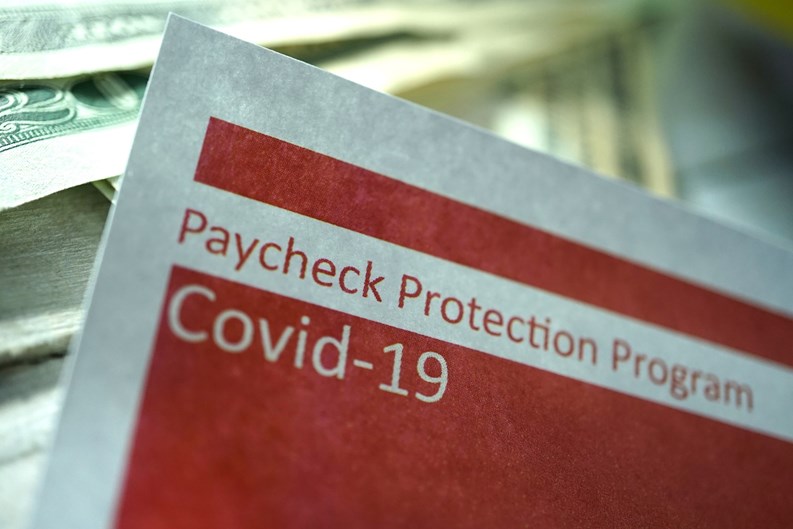
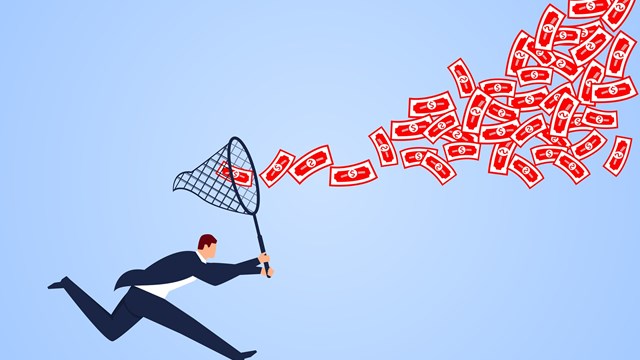
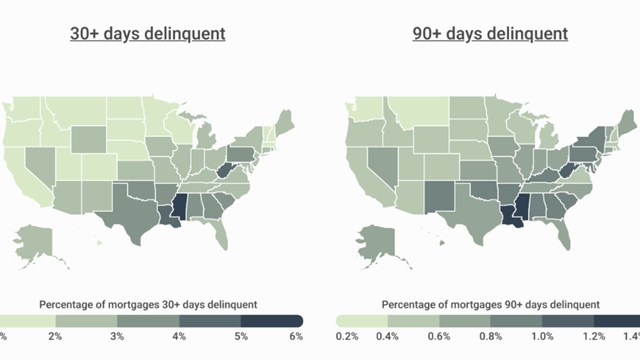
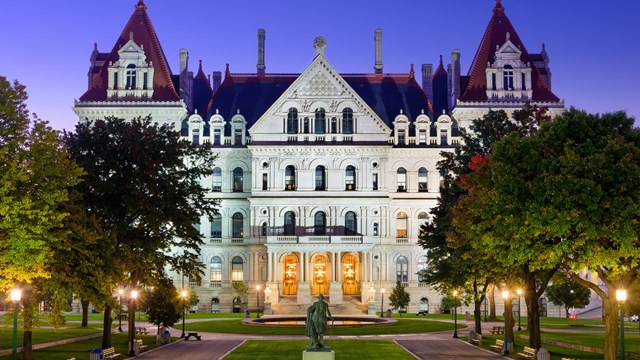
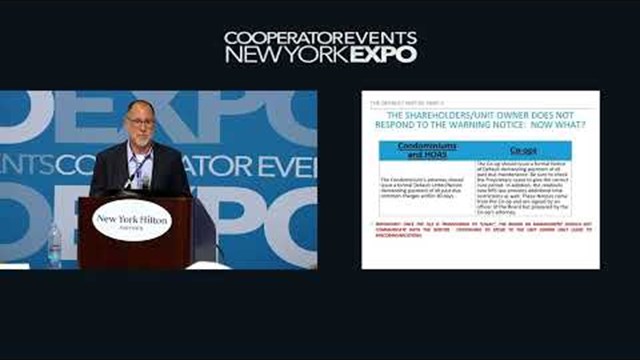


Leave a Comment